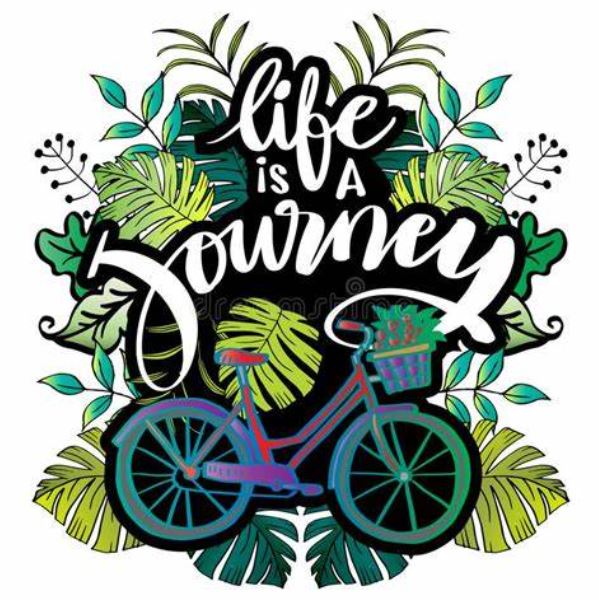For example, to some being told they shouldn’t live in the past means betraying the people in their past. This could include a deceased spouse, friends, or family members.
Others may see the past as a painful reminder times have changed, and their glory days no longer seem to be a part of their lives. This response could be attached to losing a job, getting older, health problems, or other issues life presents.
So, what does “living in the past” really mean, and why can it be detrimental to the life you live in the present and the future?
> A person who, for whatever reason, has lost people in their life can develop an unhealthy attachment to their memories. Every conversation they have revolves around their place in those memories. Every opportunity that comes their way is measured against those memories. These new possibilities never have a chance of enriching their life because, as we know, memories are nearly always more golden than the reality was. The truth is that this person is shackling their present and their future to the past.
> A person who holds onto the memories of their glory days and refuses to shift their vision to possibilities in real time also has an unhealthy attachment to the past. It colors their perception of doors that open or unusual paths that appear because these are compared to past achievements and fall short of them.
Living in the past is not about forgetting those people you’ve lost through death or simply circumstances or underrating the success you once had. It is about all those questions that circulate in your mind. Primarily, it is about the fear of moving forward. What if you never find a relationship again as good as the ones you had? What if no one cares what you’ve achieved in the past? What if you have to start at the bottom of the ladder again? How do you figure out who you are now without what you lost? The doubts you experience when life shifts are normal. When balanced against more positive attitudes, they are even healthy.
First, you accept that life is a journey, not a destination. This means the events in your past were merely stops along the way, which bring you to a crossroad. Are you refusing to continue on the journey and prefer to sit on the sidelines and stagnate? Or are you ready to step back, observe your life in all its ups and downs, and accept that the journey of your life isn’t over?
Second, you open your mind to the reality that so much of your life is influenced by your conditioning, like those memories we’ve mentioned. Habits formed over time that no longer serve you, fears that have no basis in fact, beliefs and opinions you’ve picked up from others along the way – all these are just some of the psychological debris that color your perceptions. I know you’ve heard the expression about waking up from your self-imposed sleep. This is about becoming aware of the influence of all these things on your life experiences and taking away their power over you.
For those of you who are at earlier stages in your journey, I hope you can appreciate that both the good and the bad in your life work together to create a more wonderful you if you don’t try to remain in your past. As cliché as it may seem, life is a journey. It is not about reaching a certain place and trying to maintain. It is about evolving over time.
Below is the mantra I have chosen to use in what I call Act 3 of my life. Having spent twelve years caregiving for my wonderful husband of thirty-four years, I admit that his death tossed me into an alien world. I have had to regroup, so to speak, and move forward. I have no idea how many years I have left, but I cannot waste them by trying to fight the current of time.

 RSS Feed
RSS Feed

